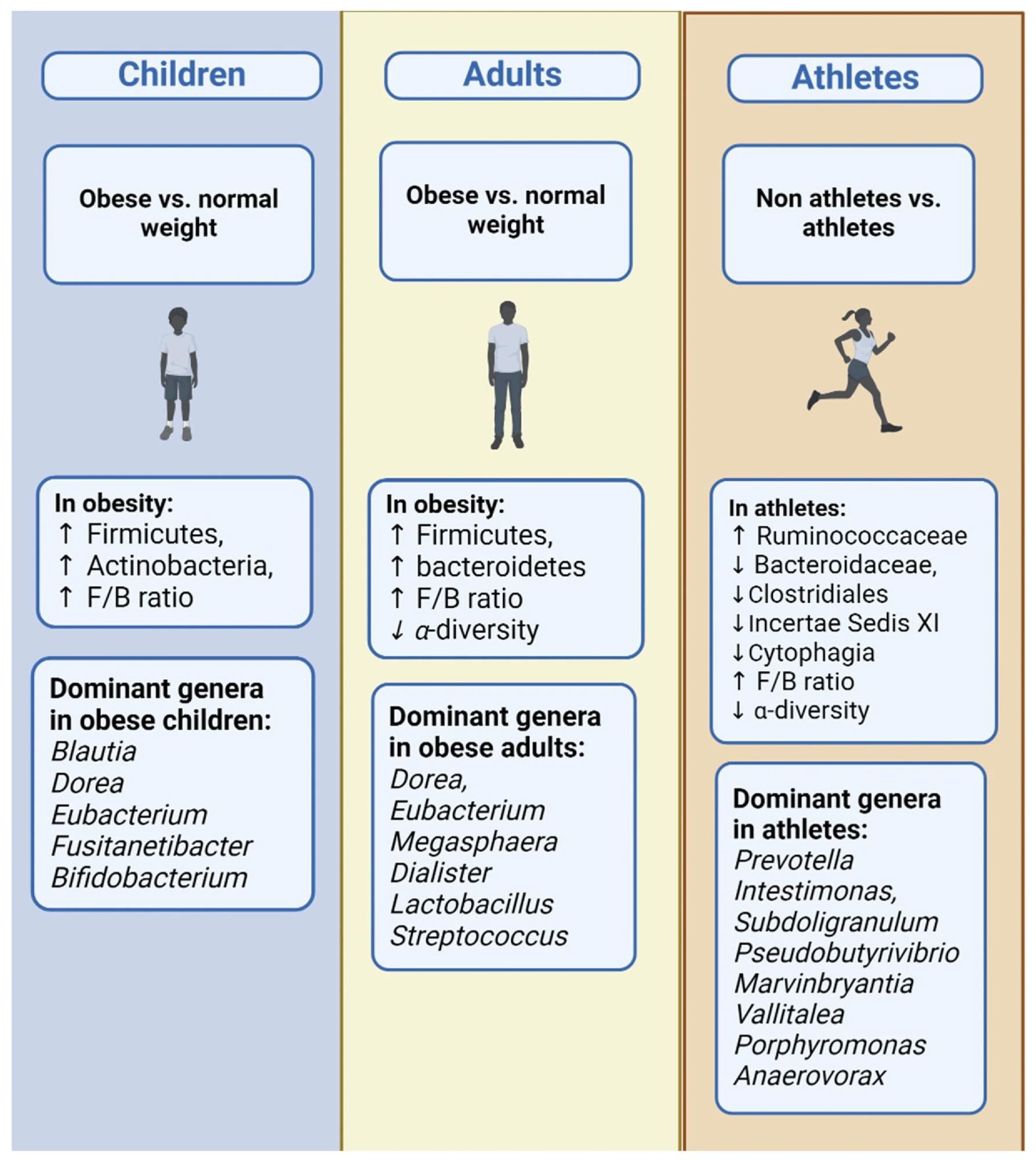In the last decade, an increasing number of studies have been conducted to establish the relationship between gut microbiome composition and body weight. A recent systemic review published in Nutrients explores gut microbiome profiles and their correlation with body composition across the human lifespan.
For the current systematic review, all relevant articles were obtained from PubMed, Cochrane, and the Scopus databases. The Patient, Intervention, Controls, Outcome (PICO) strategy was used to determine the inclusion and exclusion criteria.
A total of 995 studies were obtained in the initial search. However, after considering the eligibility criteria and removing duplicates, sixty articles were considered for the review.
The role of the gut microbiome in the human body
The human gut microbiome comprises millions of microorganisms, particularly bacteria, which significantly contribute to normal body functioning. The formation of the gut microbiome depends on genetic and environmental factors, such as age, smoking, diet, medication, physical activity, and gender.
The gut microbiome regulates bidirectional communication between the central and enteric nervous systems through the gut-brain axis. Therefore, the gut microbiome impacts the emotional and cognitive functioning of humans.
In the brain's hypothalamus, neuropeptide Y/agouti-related peptide (NPY/AGRP) neurons are activated by ghrelin, a hormone that has orexigenic effects. This activation increases appetite and reduces energy expenditure.
Several studies have shown that ghrelin is negatively correlated with several bacterial genera, including Lactobacillus, Eubacterium rectale, Bifidobacterium, and Blautia coccoides, and positively correlated with Prevotella and Bacteroides.
The suppression of NPY/AGRP neurons and activation of pro-opiomelanocortin/cocaine-amphetamine-related transcript (POMC/CART) causes anorexigenic effects. Many of these mechanisms are regulated by insulin, peptide YY (PYY), glucagon-like peptide 1 (GLP-1), leptin, oxyntomodulin (OXM), and cholecystokinin (CCK).
 Bacterial phyla and general dynamics: contrasts between obesity and normal weight and across age groups including children, adults, and athletes.
Bacterial phyla and general dynamics: contrasts between obesity and normal weight and across age groups including children, adults, and athletes.
The relationship between gut microbiome profiles and body composition
The current systematic review identified gut microbiome profiles in a healthy population of children and older adults and correlated them with their body composition. A significant difference in gut microbiota population and frequency was observed between obese individuals and athletes across different age groups. For example, as compared to children, decreased α-diversity was observed in the gut microbiome profile of overweight and obese individuals.
Many studies have shown that α-diversity is related to improved functionality of the gut microbiome. Therefore, decreased α-diversity could result in disruption of the gut microbiome's functioning and gut microbial dysbiosis.
A recent study has also established a positive association between α-diversity and individuals with high fitness levels. Moreover, reduced levels of the Bacteroidetes phylum and increased levels of Firmicutes phylum were observed in obese individuals as compared to normal-weight people.
A positive correlation between the Firmicutes phylum and obesity parameters, such as elevated body mass index (BMI), fat mass, and waist circumference, was observed, along with a negative correlation between the Bacteroidetes phylum and obesity parameters. The Bacteroidetes phylum was also positively correlated with muscle and lean body mass. These gut microbes were more significantly present in athletes than normal-weight individuals.
Some bacteria that are commonly and abundantly found in obese individuals include Eubacterium, Lactobacillus, Megasphaera, Dorea, Streptococcus, and Dialister. Compared to normal-weight individuals, reduced levels of Alistipes, Bifidobacterium, Oscilibacter, and Faecalibacterium have been observed in obese populations.
Several mechanisms may be involved with how the gut microbiome communicates with the brain and influences energy expenditure, body composition, and body weight. For example, one in vivo experiment using mice revealed changes in body weight after a fecal transplant from obese mice to non-obese mice without a microbiome was performed.
Three mechanisms may underlie the association between gut microbiome and body weight. The first mechanism is associated with lipopolysaccharides (LPS), present in the cell walls of macrophages, Gram-negative bacteria, and adipose tissue. LPS triggers a cascade of pro-inflammatory responses involved in chronic inflammation, a common sign of obesity.
The second mechanism is related to short-chain fatty acids (SCFAs) that metabolize undigested food components like fiber using 10% more energy. This process is also associated with the synthesis of anorexic hormones.
The third mechanism is associated with bile acids that involve high energy expenditure and increased secretion of anorexigenic GLP-1.
Conclusions
The current systematic review has some limitations, including the consideration of cross-sectional studies, which do not reflect a cause-effect relationship. Heterogeneity in the definition of obesity and investigated bacterial taxonomy was also reported.
Despite these limitations, the current study highlights a differential composition of the gut microbiome in overweight individuals and athletes, irrespective of age. Nevertheless, future studies are needed to validate these findings.
Journal reference:
- Komodromou, I., Andreou, E., Vlahoyiannis, A., et al. (2024) Exploring the Dynamic Relationship between the Gut Microbiome and Body Composition across the Human Lifespan: A Systematic Review. Nutrients 16(5); 660. doi:10.3390/nu16050660.